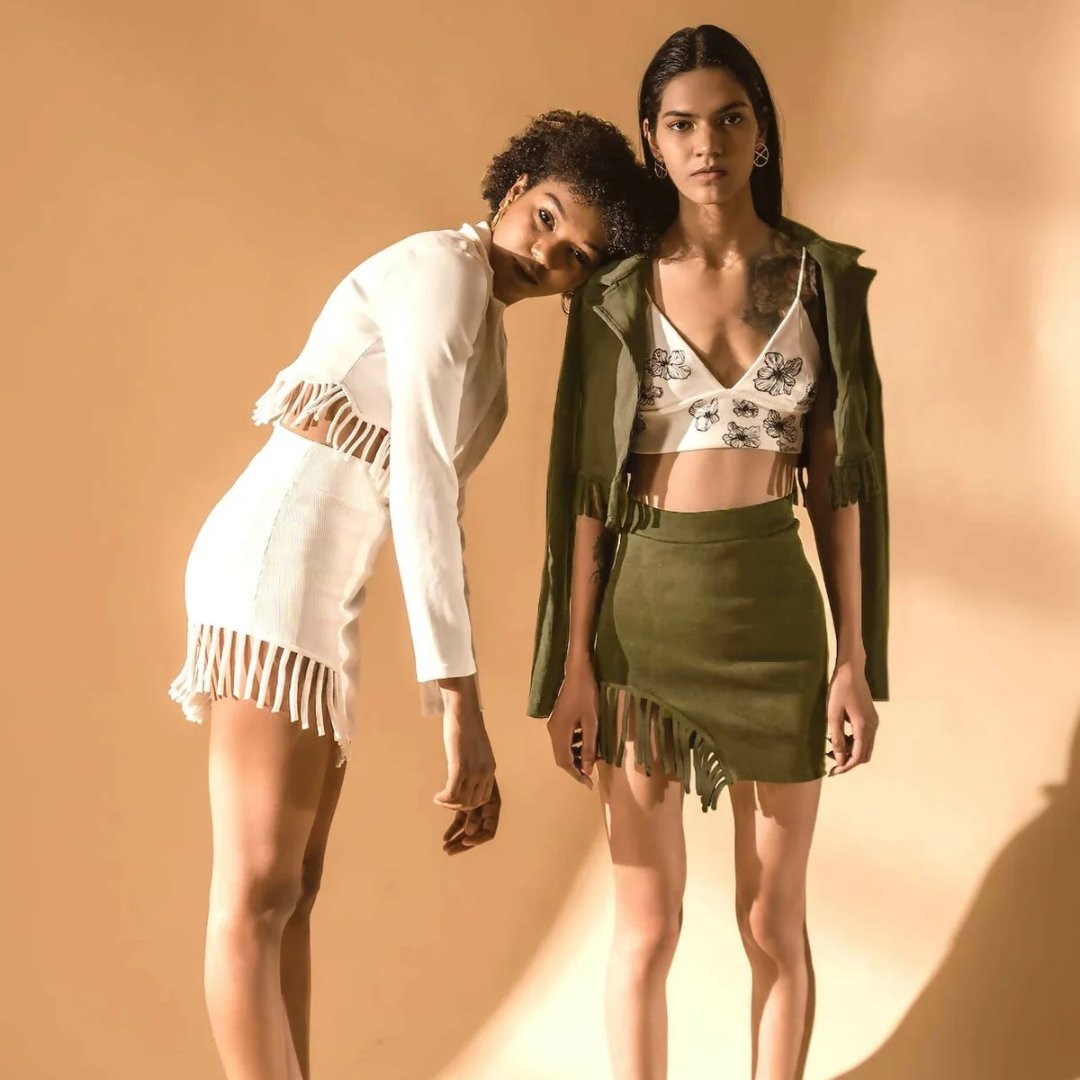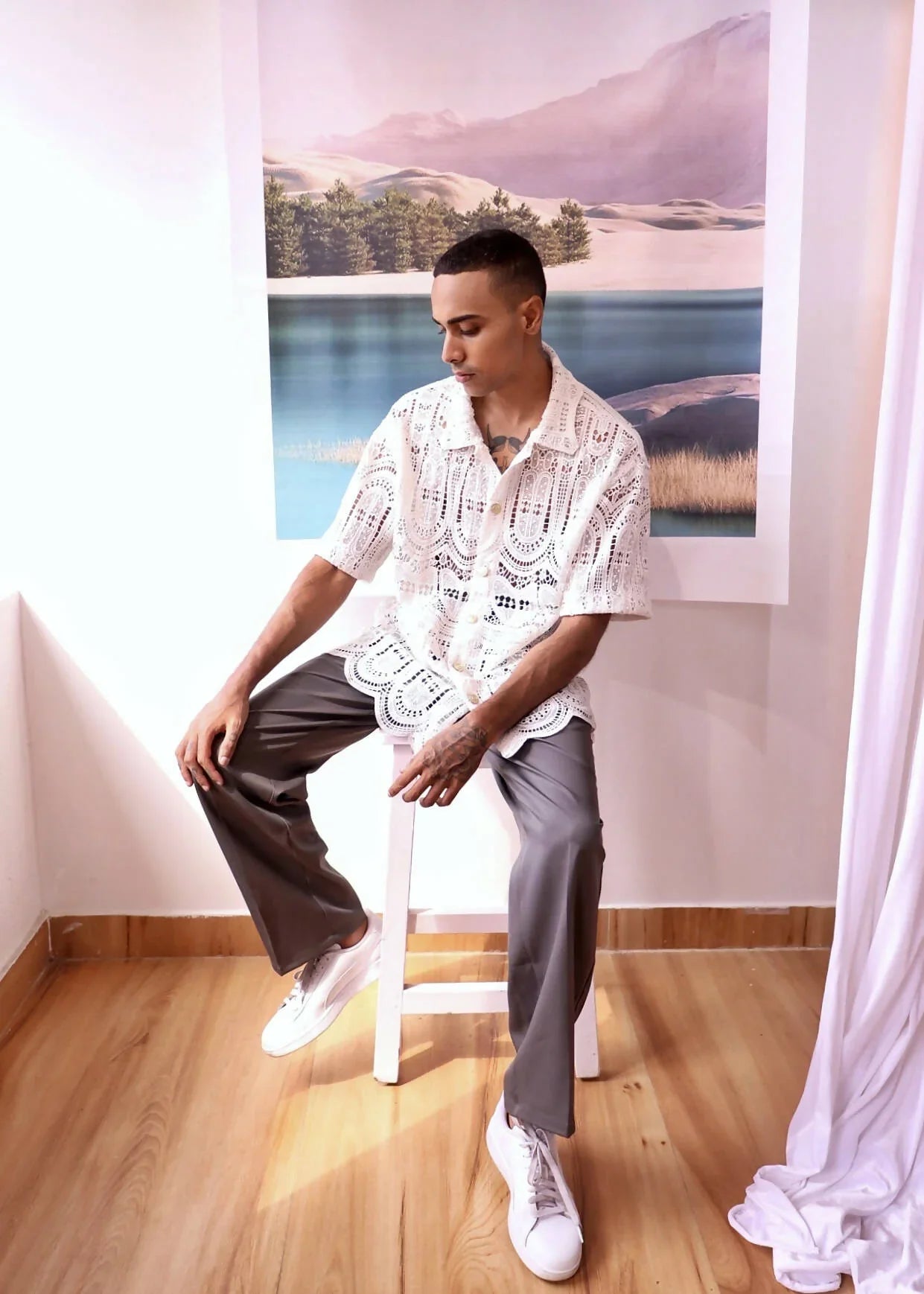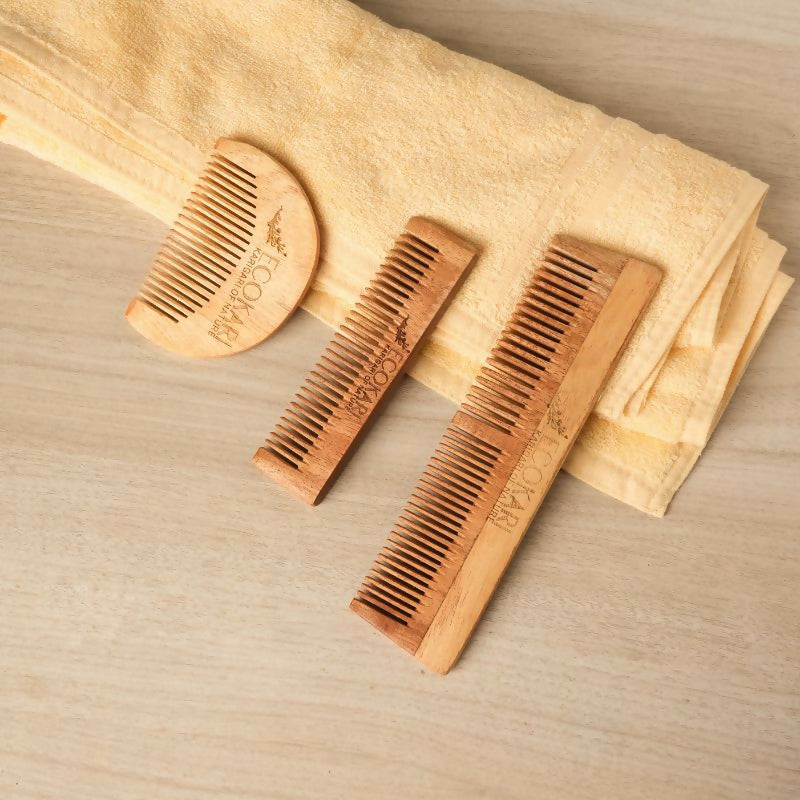Raasleela - Slow Fashion brand with a Zero-waste philosophy
Hetal Shrivastav’s Raasleela is truly an answer to how people can dress alternatively without defaulting to fast fashion. Raasleela, a brand that proudly wears the badge of slow fashion, takes one back to the yesteryears – a time when one solely wore hand sewn garments, repeated them often, mended them when need be, and bought rarely but wisely.
By combining the virtues of the bygone way of dressing with a mission to exist without further burdening the environment, Hetal has crafted a unique scope for Raasleela. Her prior work experience educated her on how sustainability and upcycling are intrinsic to the native crafts of India. Along the way it became very apparent to her that preserving and not wasting existing resources took precedence over upcycling efforts. This very realization then became her starting point for the conception of Raasleela.
Today, Raasleela offers one hundred percent hand stitched products across the apparel, accessories and home furnishings categories. A brand that emphasizes the need to choose consciously made timeless products that can be one’s companions for years to come.
Materials Used
To start with, Raasleela steers absolutely clear from making exclusive prints, textiles or dyed fabrics specific to the brand. In doing so, the practice of dyeing is not indulged in and the resultant water wastage and adulteration of water by chemical dyes is avoided. “Even natural dyes are not entirely eco-friendly!”, Hetal explains, “They consume a lot of water and end up bleeding and fading away too quickly”.
So the fabric that suited the Raasleela mandate was the Kora fabric- a handwoven fabric that is untouched by the processes of bleaching or dyeing. The wonderful rustic greige (a blend of grey and beige) colour of the Kora fabric offers the artisan carte blanche to make embroidery patterns or embellishments. But it most importantly enables Raasleela to highlight the simplicity and timelessness of a neutrally coloured fabric.

Even the coloured embellishments that one sees on the Raasleela products are, in fact, yardage ends, fabric scraps, cutting waste, manufacturing samples or defected fabrics procured from various ateliers, retail stores or weavers. These are sourced and stored by the heaps and are employed wherever suitable along the design process of the products.
Eliminating the use of buckram was yet another step for the Raasleela team in making a thoroughly sustainable product. Buckram is a sturdy material which is typically used to stiffen the fabric used for the placket and the collar sections of a shirt. And the component that allows buckram its sturdiness is plastic and as a consequence, making it unsuitable for Raasleela’s products. So alternatively the fabric cuts for the placket/collar are simply treated with some surface techniques to make them sturdy. A simple yet effective substitute for the plastic laden buckram.
Design Process
The scope that Hetal set up for Raasleela was done with the intention to ensure none of the brand’s practices or products would cause any additional negative impact to an already burdened environment. So to that end, Raasleela’s atelier ardently follows a Zero waste philosophy throughout their designing and stitching process.
Resolute with the purpose of keeping wastage to its absolute minimum, the design team, led by Hetal, spends a substantial amount of time planning a design and its execution. Since all the coloured fabrics are remnants bought in different quantities, shapes and colours, the team segregates them based on their sizes and how they can be put to use.
The categories that they fall into are yardage ends, big cut outs from damaged and defective pieces, small fabric scraps/cutting waste and finally, the smallest remnants. The yardage ends, typically the biggest chunks of the lot, are simply sewn together to make a running fabric. The big cut outs from defective fabrics are painstakingly pieced together like pieces of a jigsaw puzzle and combined to create a unique patterned fabric.
The small fabric scraps are often used as embellishments sewn onto the kora fabric or get made into accessories. The smallest scraps of them all, if not utilized, are sent to recyclers making handmade papers. Thus making the entire production process a zero-waste initiative.
Women Artisans - the pillars of the brand
“Our artisans are our most important assets”, says Hetal proudly. “When we started the brand, we had very limited funds. It prevented us from hiring skilled tailors. We then came across women artisans who specialized in embroidery and were seeking employment. We quickly adapted to their skills and taught them how to make garments using the embroidery stitches they were adept in.” What started out as a makeshift solution, now has become Raasleela’s unique selling proposition - a brand that offers one hundred percent hand stitched products.
Today Raasleela has a team of women who have unitedly found solace in the brand and its purpose. The brand’s atelier appears to be a safe haven for the all-women team - one that has allowed them to discover their capabilities as artisans and also, to find relief from their challenging lives.
The design team, in fact, designs special products keeping in mind each artisan’s skill set and the limitations. They even extend them the flexibility to work on the garments at home. This system allowed the artisans to work even through the pandemic. These creations and their “unschooled artists” are proudly displayed on Raasleela’s website and celebrated. “Our main motto is to have a wholesome growth, after all there is no point in creating sustainable products if the maker is not happy right?” says Hetal.
Challenges
Given the nature of Raasleela’s work, the number of challenges seem many. A significant one among them is that of consumer awareness and acceptance. “Since there is no other brand that does 100% hand stitching, consumers rarely understand the effort and care that goes into making it. Thereby preventing them to understand the price points of our products.”, enlightens Hetal.
Once the consumers are made aware of how the products came to be and how Raasleela stands for suitable compensation for artisans’ efforts, they apparently do respond positively. But the challenge, to make them understand that Raasleela’s products are truly invaluable, remains.
Way Forward
When asked about Raasleela’s upcoming plans, Hetal shared that they hope to go where the opportunities take them. The immediate efforts though would go towards expanding the existing home furnishings category and introducing a kids line to the catalogue. She also envisions the brand switching out the Kora fabric with eco-friendly options like linen and banana fabric or even solely using fabric remnants for Raasleela’s creations.
Above all, the key takeaway that Hetal hopes to leave us with is that “Everything you do, even if you are putting a fraction of your time and resources into it – should definitely have some purpose. Without purpose it is nothing but an accessory and in times like this we can’t really afford that!”
--






Leave a comment